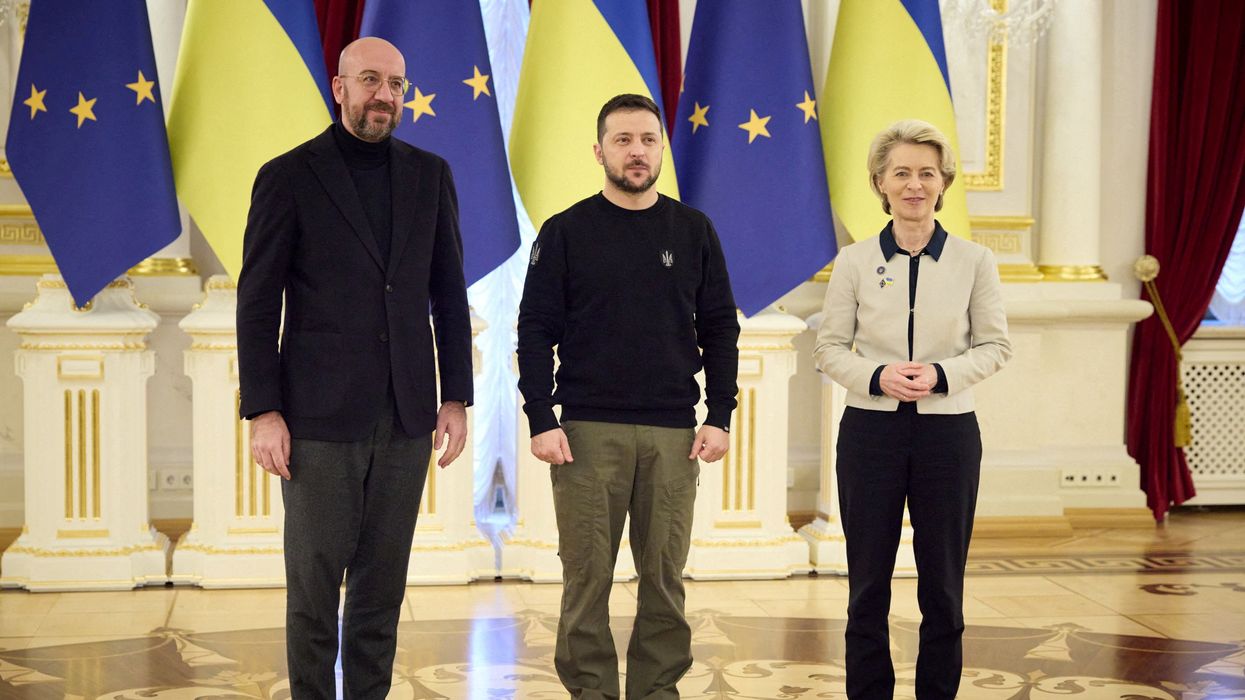What We're Watching
EU to Ukraine: Let’s get this started
The European Union agreed Thursday to open accession talks with Ukraine, overcoming opposition from Hungarian PM Viktor Orbán ... who later blocked a long-term €50 billion Ukraine aid package.
Dec 14, 2023

